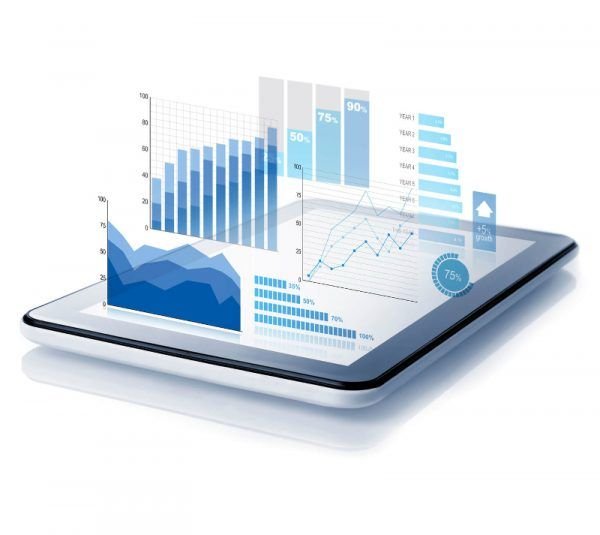In the rapidly evolving landscape of analytics, two prominent fields have emerged as crucial components of decision-making and strategy within organizations: business analytics and data analytics. While both involve working with data to derive insights, they cater to different aspects of organizational operations and goals. Let’s delve into the distinctions between business analytics and data analytics to help you determine which aligns best with your career aspirations.
Business Analytics: Driving Strategic Insights
Focus: Business analytics focuses on using data-driven insights to enhance business decision-making and strategy formulation. It revolves around understanding and optimizing business processes, identifying opportunities for growth, and improving overall operational efficiency.
Key Skills Emphasized:
- Business Acumen: Understanding of organizational goals, market dynamics, and strategic priorities.
- Data Interpretation: Analyzing and interpreting data to derive actionable insights for stakeholders.
- Predictive Modeling: Forecasting future trends and outcomes based on historical data.
- Reporting and Visualization: Communicating findings through visualizations and reports that aid decision-makers.
Career Opportunities:
- Business Analyst
- Marketing Analyst
- Operations Analyst
- Financial Analyst
- Management Consultant
Data Analytics: Uncovering Patterns and Trends
Focus: Data analytics involves leveraging large datasets to uncover patterns, trends, and correlations that inform strategic and operational decisions. It encompasses both descriptive analytics (what happened) and predictive analytics (what might happen).
Key Skills Emphasized:
- Data Wrangling: Cleaning, organizing, and preparing data for analysis.
- Statistical Analysis: Applying statistical methods to interpret data and validate hypotheses.
- Machine Learning: Developing and deploying algorithms to predict outcomes and optimize processes.
- Big Data Technologies: Utilizing tools like Hadoop, Spark, and SQL for handling and analyzing large-scale datasets.
Career Opportunities:
- Data Scientist
- Data Engineer
- Machine Learning Engineer
- Quantitative Analyst (Quant)
- Data Analyst
Choosing Between Business Analytics and Data Analytics
Considerations:
- Interest and Aptitude: Assess your interest in business strategy and operations versus data exploration and modeling techniques.
- Skills Development: Determine which skill set aligns with your strengths and career goals, whether it’s business acumen and strategic thinking or technical proficiency in data analysis and machine learning.
- Industry Alignment: Research industries and roles where each field is most valued and prevalent, considering your long-term career trajectory.
Conclusion
Ultimately, the choice between business analytics and data analytics hinges on your professional interests, strengths, and career aspirations. Business analytics excels in driving strategic insights and optimizing business operations, while data analytics focuses on leveraging data for predictive modeling and uncovering actionable insights. Both fields offer rewarding career opportunities in today’s data-driven world, catering to different aspects of organizational decision-making and growth.
Whichever path you choose, a strong foundation in analytics coupled with continuous learning and adaptation to industry trends will pave the way for a successful and fulfilling career in this dynamic field.





